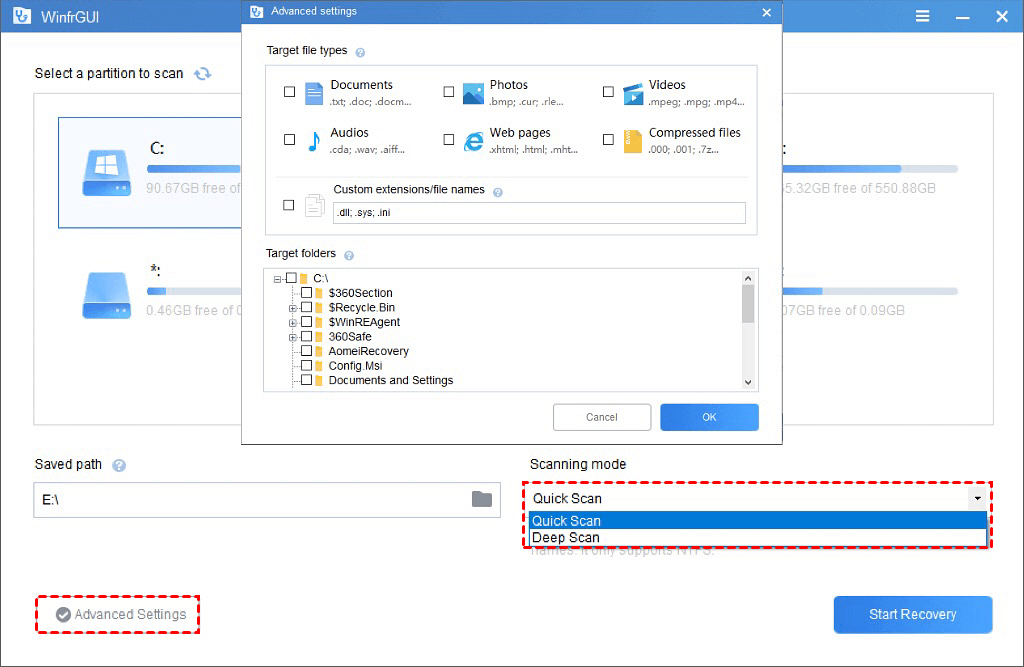
In the ever-evolving healthcare sector, effective communication forms the cornerstone of quality care and patient satisfaction. Innovative technologies such as Customer Relationship Management (CRM) have emerged as crucial tools for bridging communication gaps between healthcare providers and patients. CRM, initially a business-centric technology, has found its meaningful applications in healthcare, enhancing patient interaction and experience significantly.
The Role of CRM in Patient Communication
CRM plays a pivotal role in patient communication, serving as an information hub that stores all patient-related data – from medical history to personal preferences. This centralized system allows healthcare providers to tailor their interactions to each patient’s needs, fostering better understanding and promoting a more personalized healthcare service.
Enhancing Patient Engagement Through CRM
CRM systems not only store patient information but can also be utilized to enhance patient engagement. By offering personalized health updates, appointment reminders, and health tips based on the patient’s medical history, CRM systems can contribute significantly to patient autonomy and their active participation in their healthcare journey.
Streamlining Healthcare Operations
Beyond patient communication, CRM systems can streamline operational processes within healthcare settings. They can help in scheduling appointments, managing patient queues, and automating administrative tasks, thus freeing healthcare professionals to focus more on patient care.
CRM and Predictive Analysis
With the help of machine learning and AI, CRM systems can analyze stored data to predict health trends, potential health risks, and patient behavior. This predictive analysis can significantly aid in preventive healthcare and improve patient outcomes over time.
Achieving Better Patient Outcomes through CRM
The potential of CRM extends beyond communication. Providing a comprehensive view of each patient’s journey, enables healthcare professionals to devise targeted treatment plans and proactive care strategies, ultimately leading to better patient outcomes. The power of CRM lies in its ability to streamline workflows, improve decision-making, and empower patients, all of which contribute to an elevated standard of care.
- CRM systems promote data-driven decision-making in healthcare by providing comprehensive patient data and insights.
- They foster patient engagement by sending personalized health updates and reminders.
- CRM tools streamline healthcare operations, such as scheduling appointments and managing patient queues, freeing up healthcare professionals to focus on patient care.
- Through predictive analysis, CRM systems can anticipate health trends and risks, aiding in preventive healthcare measures.
- A comprehensive view of a patient’s journey through CRM enables healthcare professionals to devise better treatment plans and proactive care strategies.
- By improving workflows and decision-making, CRM systems contribute significantly to an elevated standard of care.
CRM’s Impact on Patient Satisfaction
CRM for healthcare has made a profound impact on patient satisfaction. It has been observed that there is a robust correlation between effective communication, facilitated by CRM for Healthcare, and high patient satisfaction levels. These systems provide the necessary tools to maintain consistent, transparent, and meaningful communication with patients. This direct, personalized approach results in a more engaged and satisfied patient base, strengthening the overall patient-provider relationship. Furthermore, CRM for healthcare plays a pivotal role in improving patient retention rates. By enabling continuous communication and providing personalized care, these systems cultivate a sense of trust and loyalty among patients. This heightened trust not only improves the patient-provider relationship but also encourages patients to actively participate in their healthcare journey.
Challenges and Opportunities
Implementing CRM in healthcare is not without challenges. Data privacy concerns, integration with existing systems, and user training are significant hurdles. However, these challenges present opportunities for innovation and improvement. With advancements in technology and growing awareness about the benefits of CRM, the future looks promising for the adoption of CRM in healthcare.
- Data Security: As CRM systems handle sensitive patient data, ensuring robust data security is paramount. Measures like data encryption, access controls, and regular audits can enhance data protection.
- Integration: Seamless integration with existing healthcare systems is critical for the successful implementation of CRM in the healthcare industry. This will facilitate efficient data exchange and ensure that all systems work in harmony.
- User Training: Adequate training for healthcare professionals using the CRM system is vital. This will enable them to effectively use the system and maximize its potential.
- Customization: Customizing the CRM system according to the unique needs of the healthcare provider can significantly enhance its efficacy. Custom features and functionalities can help cater to specific patient needs and improve overall service quality.
- Patient Engagement: CRM systems can be leveraged to improve patient engagement. Features like automated reminders, personalized messages, and patient portals can enhance communication and build stronger patient-provider relationships.
Conclusion
To recap, CRM serves as a crucial bridge to better patient communication in healthcare. By centralizing information and facilitating personalized interaction, CRM enhances not only the patient experience but also the quality of care. While challenges persist, the opportunities presented by CRM adoption are immense and set to revolutionize the healthcare landscape.
Author Bio:- Arjun is a Business Growth Strategist at a Leading Software Development Company. Apart from working on a long-lasting relationship with customers and boosting business revenue, I am also interested in sharing my knowledge on various technologies through successful blog posts and article writing.








